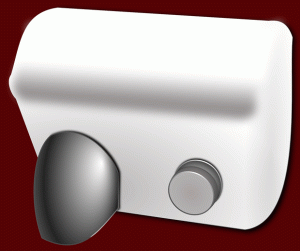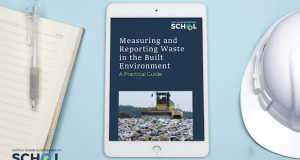 Inefficient hand dryers could be costing UK businesses up to £234 million per year, according to a new study by Initial Washroom Hygiene.
Inefficient hand dryers could be costing UK businesses up to £234 million per year, according to a new study by Initial Washroom Hygiene.
Initial Washroom Hygiene researched 689 hand dryers that were photographed on walls in April 2023. Analysis of these handdryers revealed that the average unit ran for 22 seconds and had an average power rating of 1.94kW.
The research concluded that upgrading to a low energy hand dryer would cut the average energy bill for each unit by £134 and save up to 76kg of CO2 each year.
Initial Washroom Hygiene is now urging British businesses to switch outdated hand dryers for energy efficient models in order to avoid unnecessary costs and carbon emissions.
Jamie Woodhall, UK Technical & Innovation Manager, Initial Washroom Hygiene commented: “Hand dryers have a lifespan of 5-7 years, but they are an item which is typically out of sight and out of mind. As long as they are working then very often they will be left on walls for 10 or 15+ years.
“Not replacing outdated hand dryers may appear to make good business sense but is it? Modern hand dryers have evolved to be more efficient at drying hands quickly, as well as being low energy and low noise. So we’ve crunched some numbers to work out what this could mean for both business pockets and our planet.
“An industry source has confirmed that in the last 30 years, they believe in the UK around 4.5 million hand dryers have been sold. They estimate the number of units on walls currently is between 1.55 million–1.75 million.
“I believe even this upper estimate of 1.75 million units is a conservative one. But working with this figure and the average power consumption of the hand dryers recorded in our recent study, there are big savings to be made. We have calculated that the potential energy saving in carbon alone is huge, equating to over 62,000 flights to Australia.”




